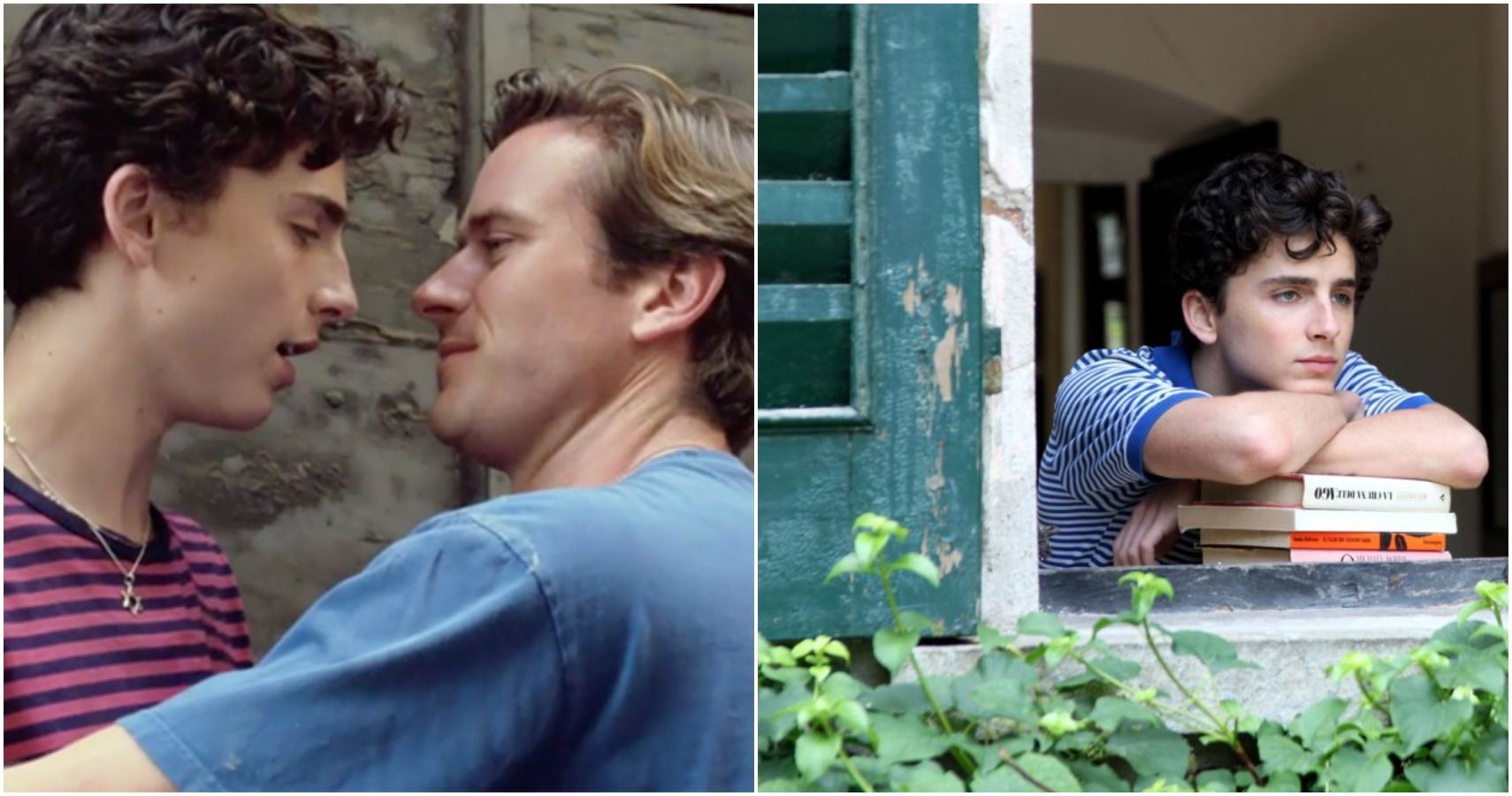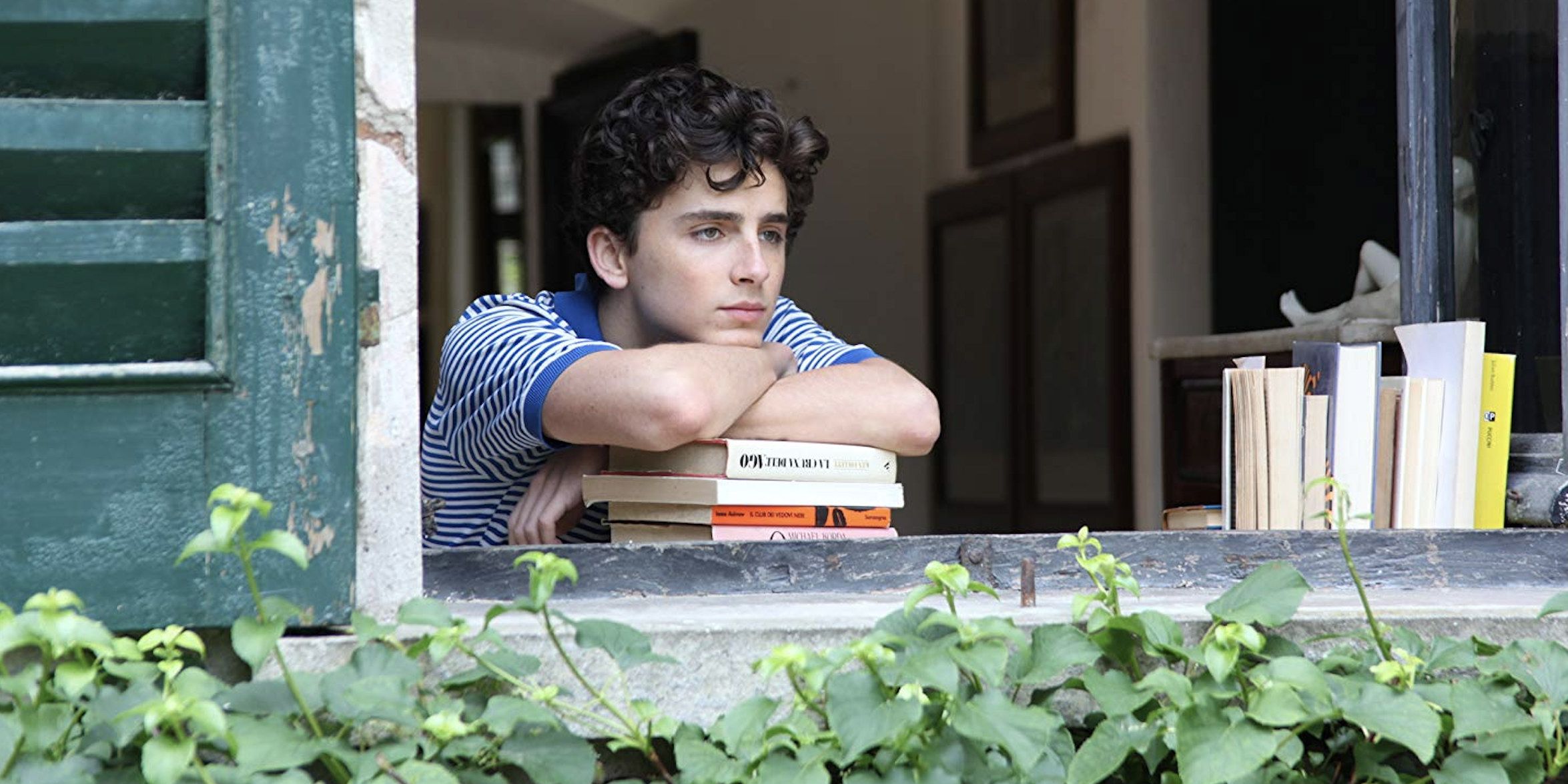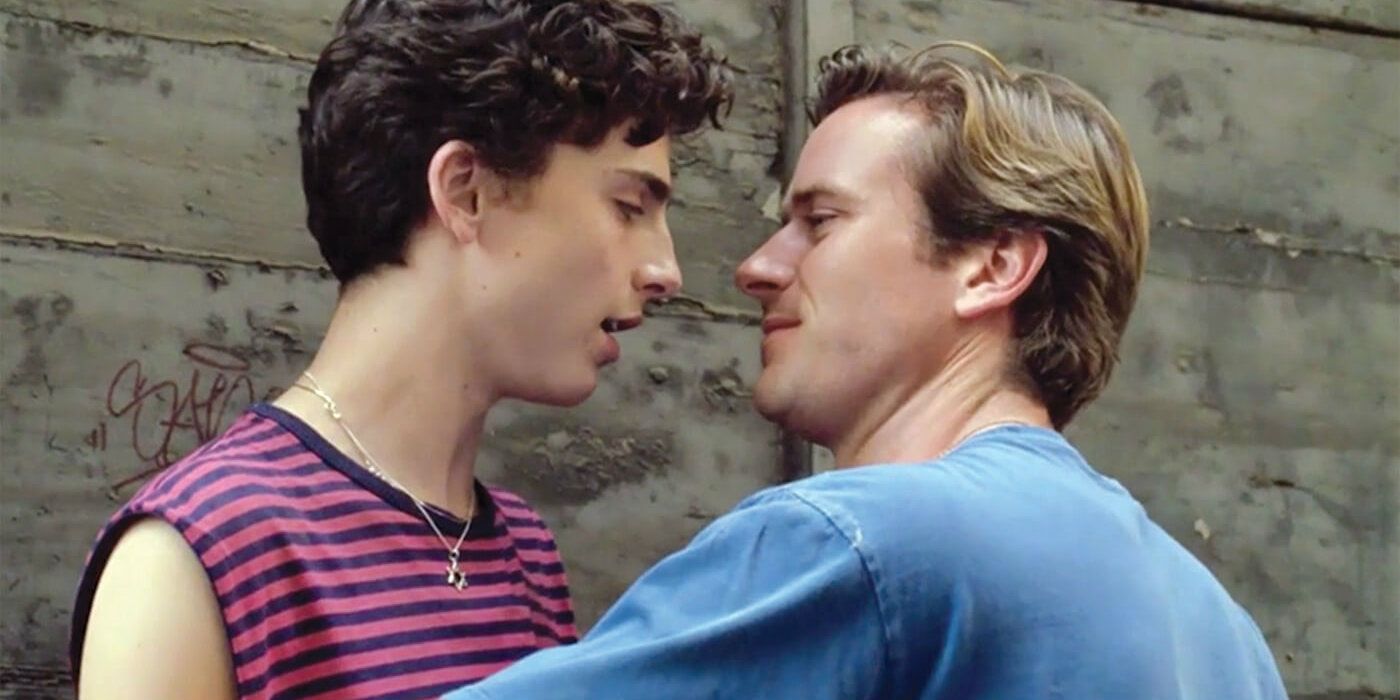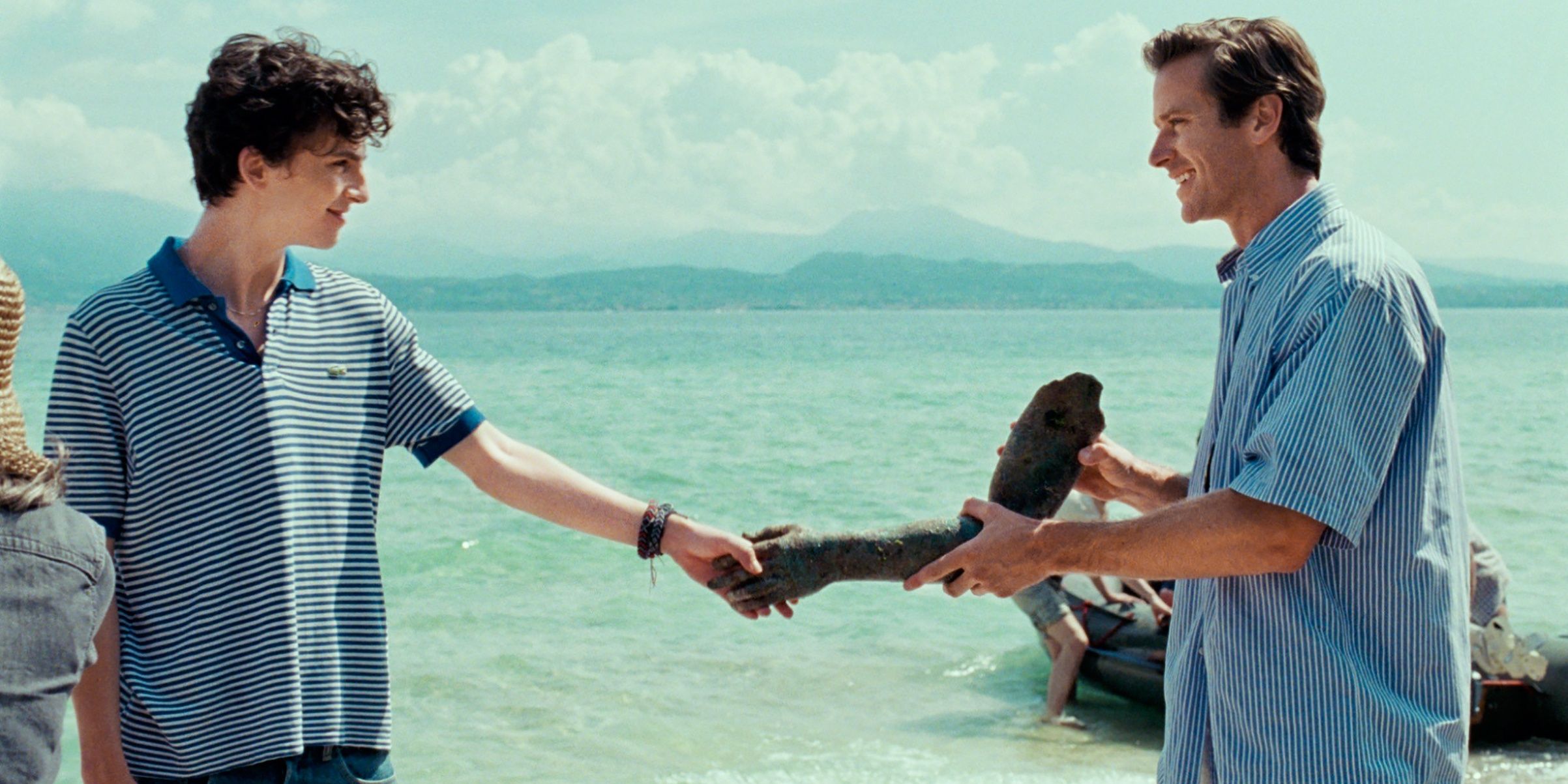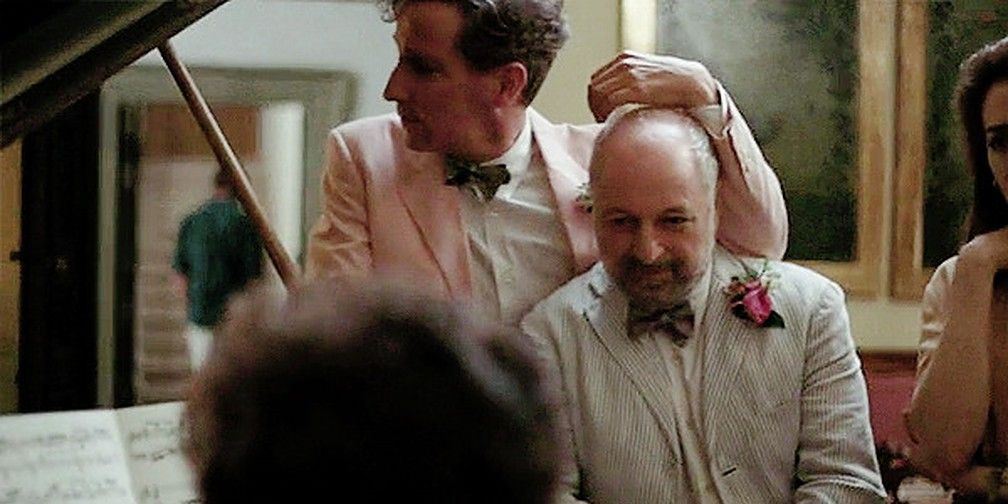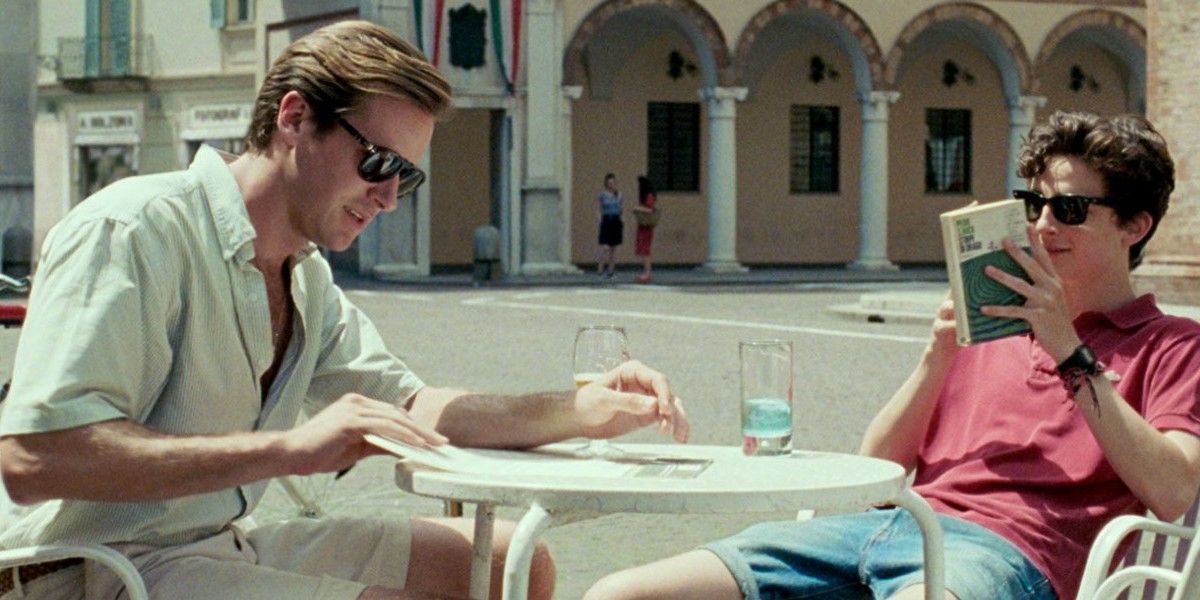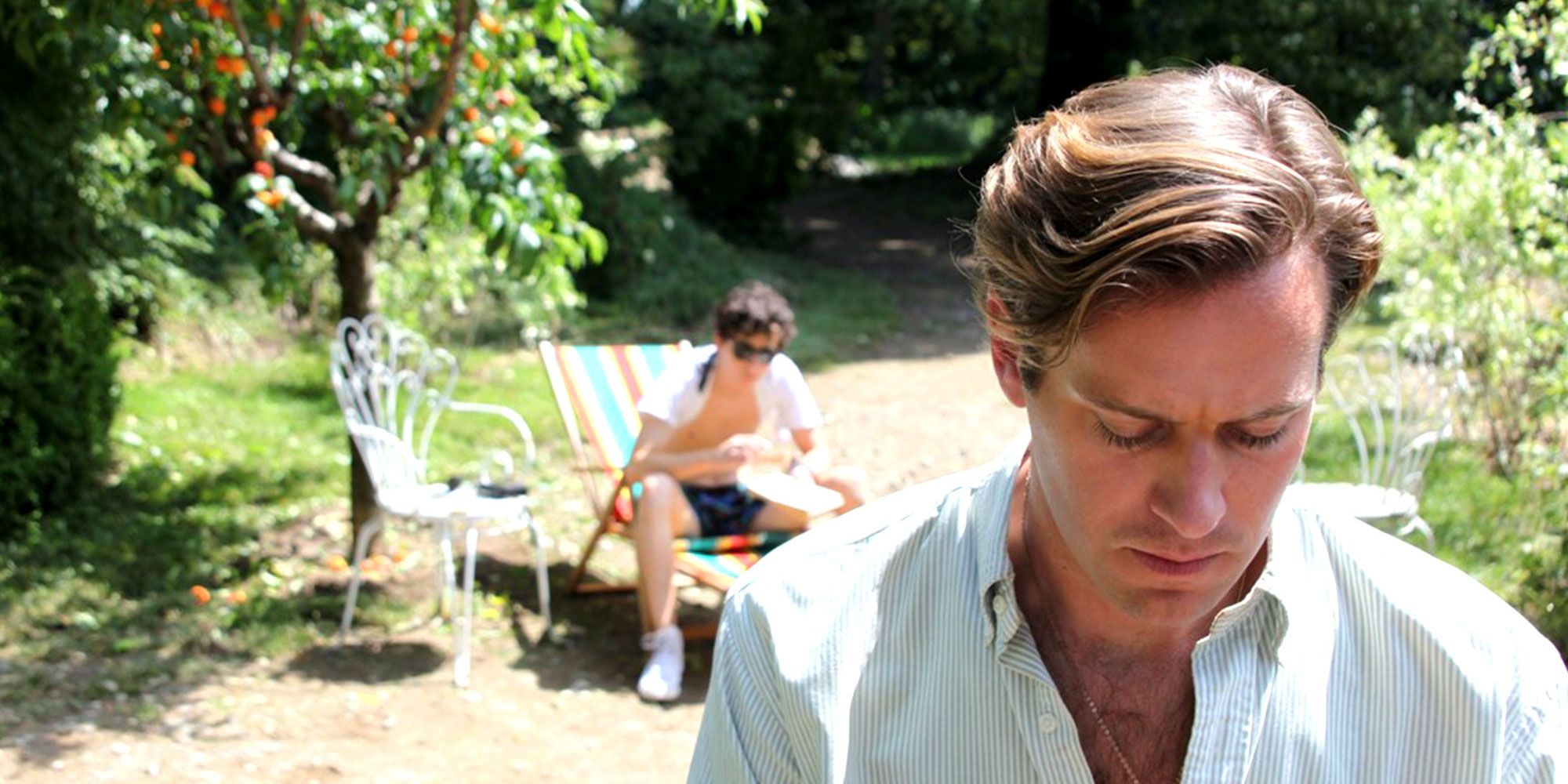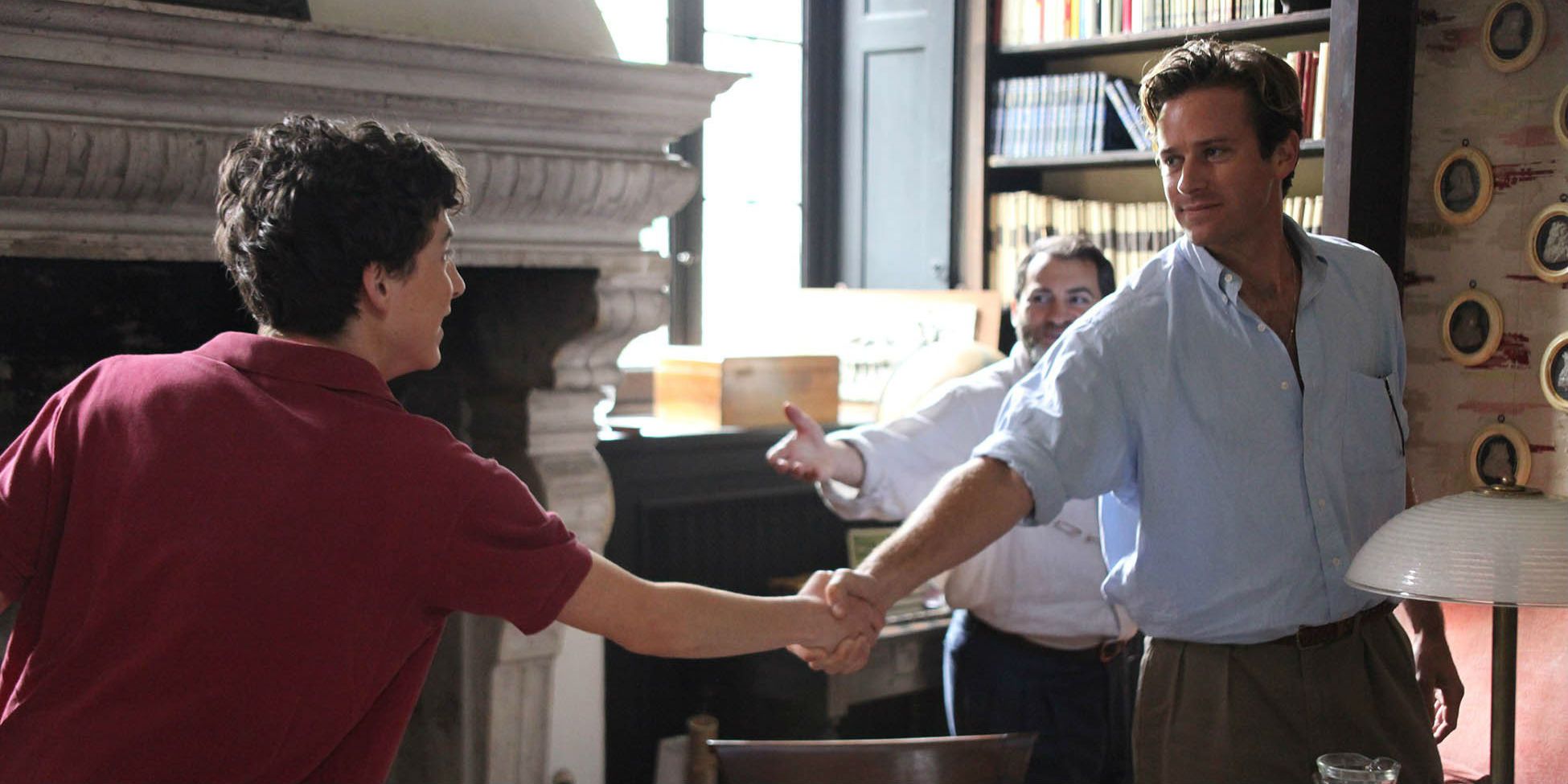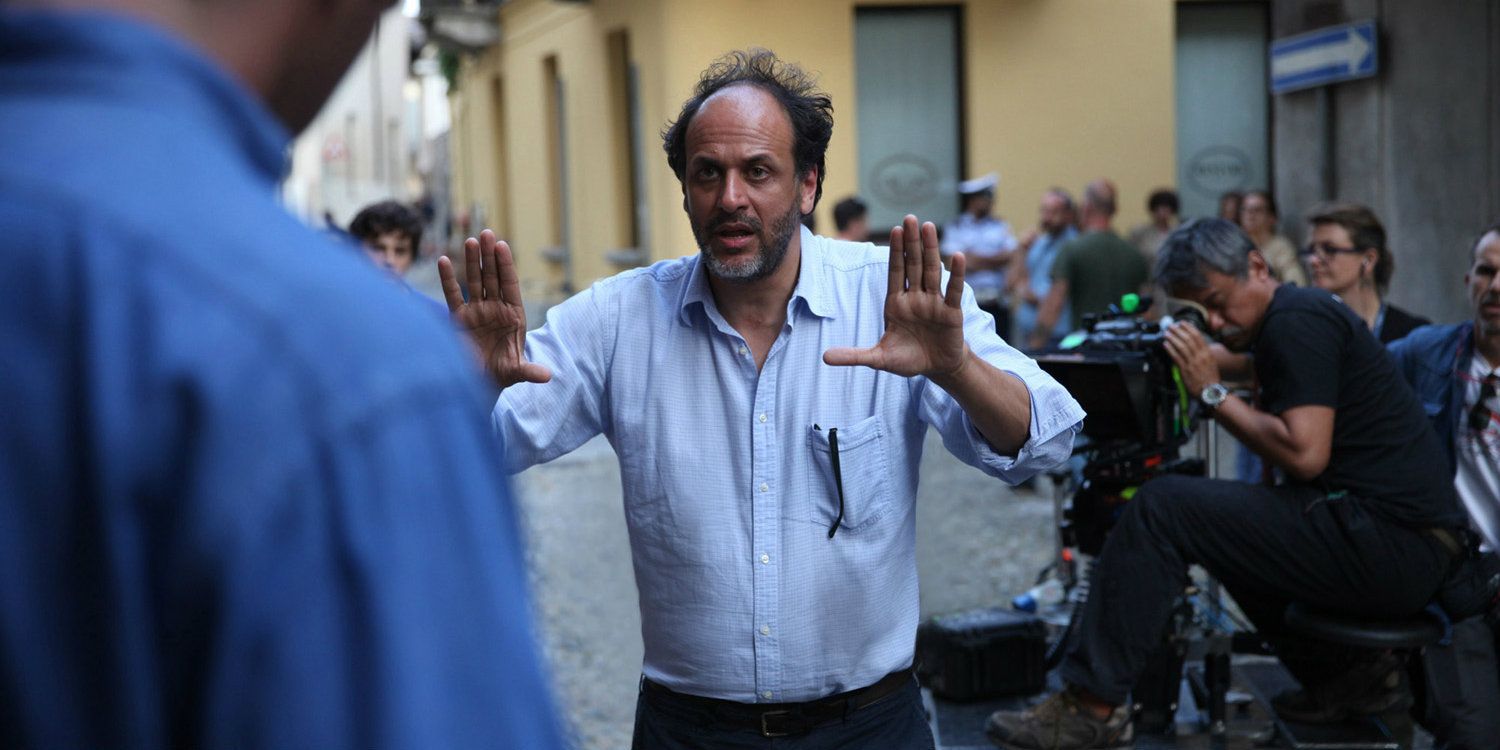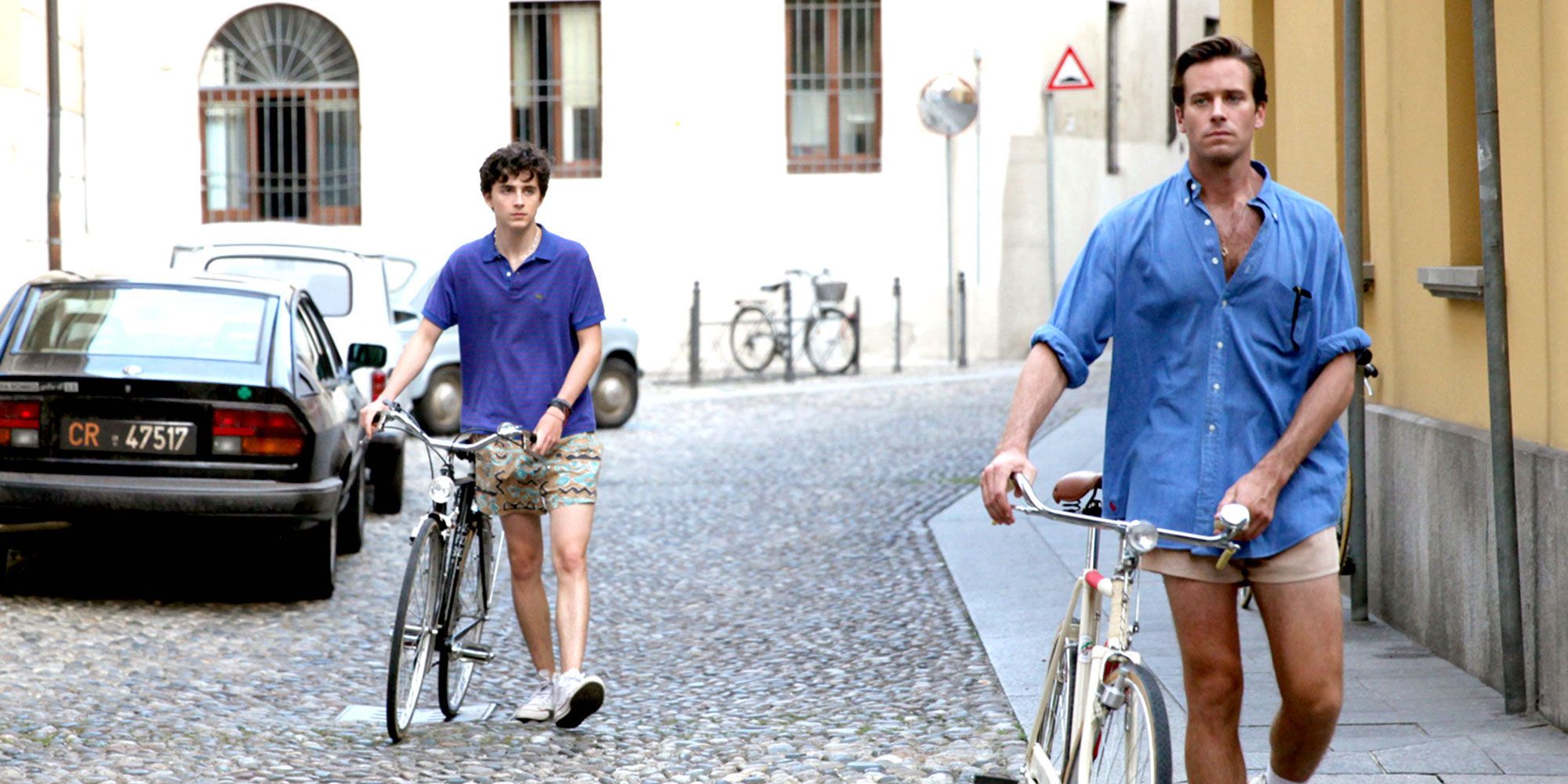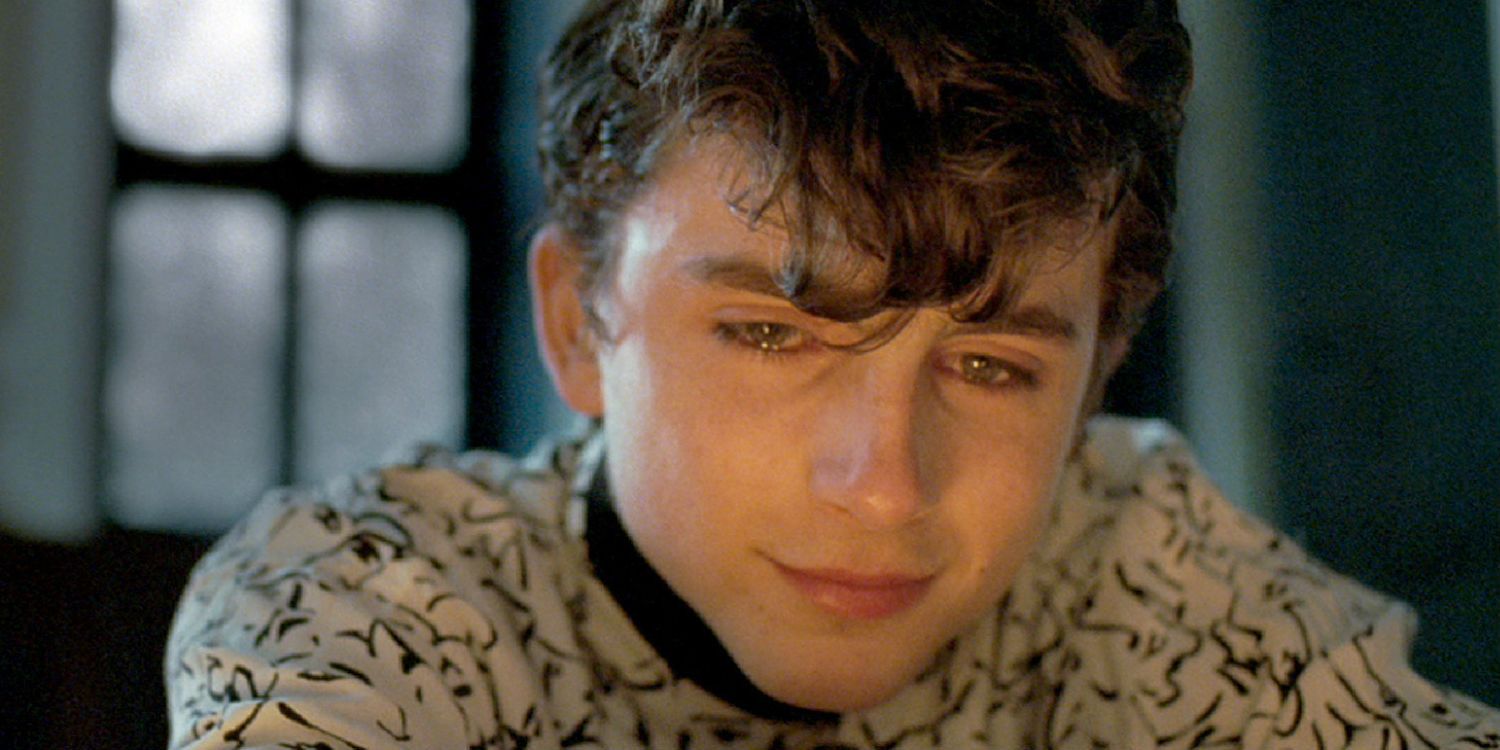Luca Guadagnino's 2017 masterpiece Call Me By Your Name saw the adaptation of André Aciman's novel in a beautiful manner. The heartbreaking love story of young Elio, played by Timothée Chalamet, and Oliver, played by The Social Network's Armie Hammer, touched hearts everywhere, winning a ten-minute-long standing ovation at Sundance.
Luckily for fans, Call Me By Your Name has already been confirmed to have a sequel. Plans for the movie are currently on hold, but we know the cast will be back and that the film will be based on Aciman's 2019 book, Find Me. While fans everywhere await more news, we take a look back at the original piece. Here are ten facts you didn't know about the making of the movie.
Preparing For The Role, Big Time
Actors always have to undergo some sort of preparation for whichever project they'll be starring in. Whether it is living in complete solitude in the middle of the forest for two months or undergo a gruesome diet and workout plan, there's always something for the stars to do beforehand.
In Timothée Chalamet's case, it was more subtle than the latter, but arguably just as complex. In order to fully embrace his role as Elio, Chalamet learned how to speak Italian and to play the piano beautifully.
One Rehearsal Only
Achieving the perfect dialogue and scenes audiences get to watch in the final version usually implies many hours rehearsing before shooting, both inside and outside of the set. Not in this case, though!
Call Me By Your Name had a single rehearsal. It consisted of a single direction on Luca Guadagnino's part - Elio and Oliver roll around in the grass and kiss. By the time the two had been doing so for long enough, crew members separated them and they realized the director had left a while ago.
It's Not About Sex
While the novel is known for having many explicit sex scenes, the movie doesn't stay true to this specific feature of the source material. Director Luca Guadagnino spoke several times about wanting to do explicit sex scenes only if felt natural to the environment and made sense for the characters.
The point of the film was to be driven by emotion and feeling, as opposed to gratuitous nudity just for the sake of it. The final product speaks volumes to Guandagnino's talent in directing movies like this.
The Best Cameo
Who doesn't love a good cameo? It's always a nice treat for audiences to be watching a new movie and spot someone they know in the background as an extra.
In Call Me By Your Name, in good old Twilight style, the cameo spot was given to the author of the novel, André Aciman. Aciman appears as Mounir, in a nice nod to the original source material.
No Auditions Needed
Curiously enough, the two actors playing the main characters didn't have to audition for the role. This becomes even more fascinating when recalling the unbelievable chemistry between Chalamet and Hammer.
Luca Guadagnino cast Tymothée all the way back in 2013 after being introduced to the actor by his agent. Armie, on the other hand, caught the director's eye with his performance in The Social Network, making the choice instantly.
Chronological Order
While it might sound strange to audiences when watching the finished product, the truth of the matter is that movies don't tend to be filmed in chronological order, often due to time or set constraints, among other factors.
Call Me By Your Name once again went against the grain, and was filmed in order, from start to finish. The fact that the film and interactions came across as so organic might have something to do with this.
Selective Soundtrack
Since the movie takes place in the 1980s, director Luca Guadagnino and his team went above and beyond to imprint that time frame into every aspect of the movie, including the songs.
They made a point to research which songs were popular in Italy during the summer of 1983 and used their findings to select many of the songs for the soundtrack, also paying attention to the times of day when they would play.
An Almost Narrator
In the end, the movie ended up not having a narrator and is told from Elio's perspective, much like in the book. However, things almost took a different turn when Luca Guadagnino was contemplating using Sufjan Stevens, author, and singer of the most well-known songs in the movie, to be the narrator.
Contemporary References
The songs weren't the only mean used to cement the movie's narrative in the 1980s, where it belonged. Aside from selectig a very particular playlist, the filmmakers also added specific references to the movie.
This includes a glimpse into the movies playing in the cinema, Tootsie and The Thing, as well as a picture of Millenium Falcon in a magazine cover, hinting at Star Wars: Episode VI - Return of the Jedi.
Sneaky Earpiece
There is plenty of tear-jerking material in Call Me By Your Name, but no scene manages to play at audiences' heartstrings quite like the final moment where we see Elio crying to the sound of Sufjan Stevens's "Visions of Gideon".
In order to immerse himself more into Elio's feelings, Tymothée Chalamet wore an earpiece playing the song. No wonder the waterworks started coming in!

